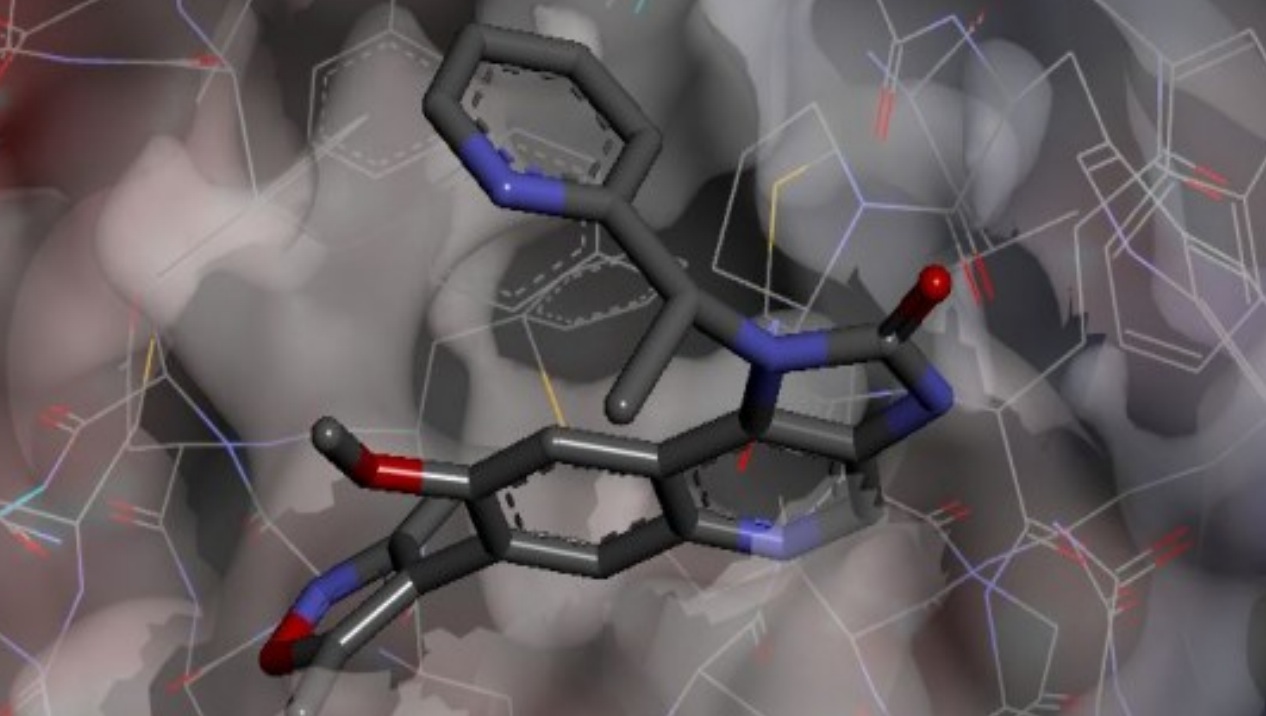
Researchers are attempting to develop a machine that can produce arbitrary organic molecules – on demand.
There are a staggering number of possible carbon-based molecules, apparently around 10 to the power of 60! Scientists have been able to synthesize only a fraction of that. A dramatic goal would be to build a machine capable of synthesizing any of them.
The Dial-a-Molecule project that may not even succeed; it’s a task of a magnitude on the same level as sequencing the human genome. The possible molecules, their properties, method of synthesis would require a massive database developed with complex software. Success is not guaranteed in any way.
But if it does succeed, we’re curious how this may inspire future generations of 3D printers. Imagine if such a machine were built – and then integrated with 3D printing technology. You might end up with a machine capable of printing a great many unique materials. Gone would be the days of printing mono-material objects.
Today Stratasys does offer multi-material industrial 3D printers, but while their capabilities are state-of-the-art today, you can only print objects with a handful of different materials at a time. A goal for the 3D printing industry would ultimately be the ability to print in any requested material.
We’re definitely not there yet, but research like that done by the Dial-a-Molecule project may eventually lead to some very interesting 3D printers in the distant future.
Via Nature and Dial-a-Molecule

